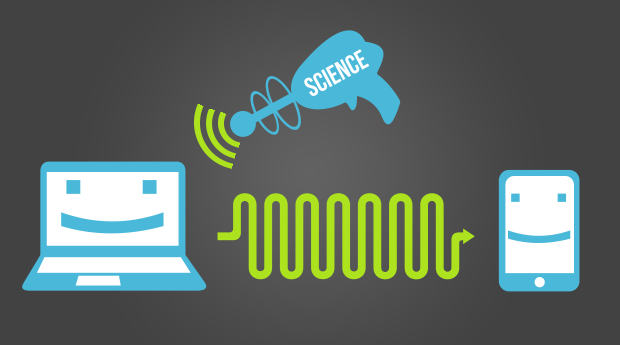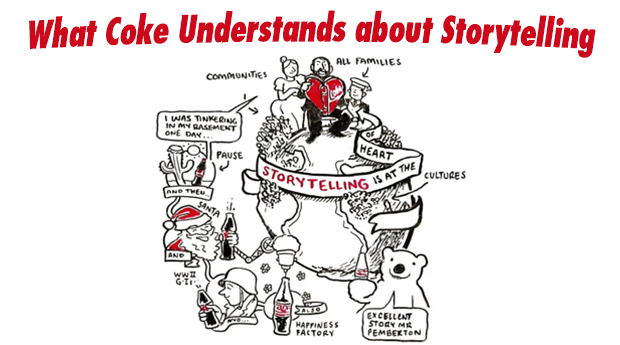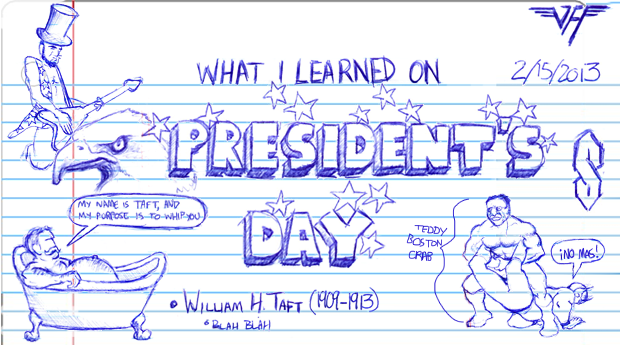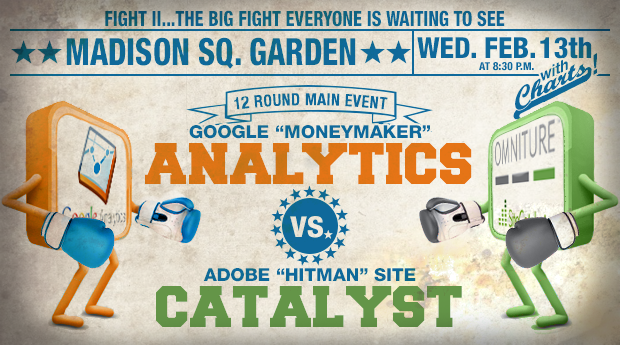Misconceptions of Responsive Design

We are no longer anticipating a post desktop world. We're living in it. Day by day, the number of devices, platforms and browsers we have to design for is growing and changing. We now have to think about how our sites will look on a desktop, laptop, tablet, phone, Google Glass, iWatch and whatever comes next.
Now many companies are scrambling to find solutions for their five, ten or even three-year-old sites to quickly adapt their web presence to meet the “in the moment” needs and expectations of mobile users.
Here comes responsive design with its unrestricted screen size approach as the savior to our mobile ills. Easily found, easily shared, easier to maintain and build and cheaper in the long run, it offers the best of both desktop and mobile experiences with greater consistency of brand experience across all devices.
However, does responsive design truly live up to the legend that has been built up about it in the industry?
Why Socks Matter

In the ancient city of Rome, behind the Pantheon, sits a tiny tailor shop that has crafted the Pope’s garments since 1798. Six generations of the Gammarelli family have been charged with fabricating his hats, robes and even his socks—socks made from the finest wool or cotton lisle, hand-linked and reinforced in the heels and toes, worn only once before being discarded.
Why such a laborious task for such an insignificant article of clothing? Why so much effort for a pair of hosiery that can barely be seen? Why not just get a pair of Gold Toes or any other generic sock and be done with the whole arduous ordeal?
Because socks matter, damn it.
Socks, like any fine detail, possibly reveal more about someone than anything else. Though the more popular idiom is that the, “Devil is in the Details,” the phrase, “God is in the Details,” is just as true. If you’re willing to embrace the small things, you will be better prepared to achieve the bigger and greater ones. Here are a few reasons why we should take it easy on the Birkenstocks and flip-flops and embrace socks as a secret weapon in our march toward victory.
Even Superman Needs a Hug

They can be seen in every office. Early in the morning. Late at night. Sending emails at 3:30 a.m. when the rest of us are sleeping peacefully in our beds. They are the office super people, taking on tremendous challenges and working harder, longer and smarter than anyone else to ensure the greatness of all, often without thanks.
We think it's time to change this.
Coca-Cola & Happiness: A Love Story

Millennia from now, an alien archaeologist will sift through the sepulchral remains of Earth’s greatest cities, from Jakarta to Istanbul to New York, and see the same red and white banner emblazoned on the sides of buildings, in gas station windows and on tractor trailers. He will have no choice but to assume the people of Earth lived and died united under a single world government—an empire, as benevolent as it was far-reaching, intent on bringing happiness to its citizens. And, in a way, he’d be right. More than any government or religion, Coca-Cola is the world’s biggest empire.
Warren Buffett, the largest stakeholder in the company, put it best: it’s the most powerful brand in the world, universally liked, moderately priced and per capita consumption goes up almost every year in almost every country. There’s no other product like it. It is indeed staggering to consider that, while the world’s best brands are technological, industrial or business (IBM, Microsoft, Google, GE), a beverage company tops them all.
So, imagine you have the most powerful brand in history, your name is recognized in every language, you have a product that not only doesn’t need to change but can’t, and your target market is planet Earth. You can pretty much just coast, right?
No way.
For Coke, the quest for brand power is never over, and, after over a century of dominance, there isn’t a single entity in the world more powerful. In fact, the only things bigger than Coke are universal, abstract concepts like hope and love and happiness—oh wait. Coke cornered the market on that, too.
What Brands Can Learn from Presidents' Day

There’s a famous anecdote about President William Taft that claims his father was once viciously slandered by a gossip publication when the future president was a young man. The editor of the publication in question had managed to dodge every libel lawsuit that came his way for his misdeeds, to the point where people in the community had more or less given up on preventing him from printing falsehoods. That is, until Taft approached him one day in defense of his father and delivered an awesome, movie trailer-worthy line:
“My name is Taft,” he said, “and my purpose is to whip you.”
Then he pummeled the guy so badly that the editor fled town in terror the next day.
I know, I know. Violence isn’t the answer and we know that now. But that is a COOL story with a powerful message about standing up to bullies. In fact, it’s just one of many things that we all stand to learn from the amazing and fascinating men that have served as President of the United States.
Google Analytics vs. Adobe Site Catalyst Round 2

“Float like a butterfly, sting like a bee. His hands can’t hit what his eyes can’t see." While Muhammad Ali’s famous quote addressed his strategy to defeat the reigning heavyweight titleholder, the underlying message is just as applicable when considering Google’s approach to becoming the Analytics champ.
For a company worth billions in assets and infrastructure, Google has remained just as agile and unpredictable as in its heyday as a tech start up. By constantly offering new services and nimbly adjusting existing features in response to customer needs, Google remains an unexpected contender—hitting hard and hitting where it counts.
Google has announced many exciting new features coming for Analytics Premium in 2013, such as a new measurement protocol, custom metrics and better support for offline traffic and conversions over multiple devices. SiteCatalyst, however, has already rolled out many improvements in areas such as reporting with its recently released version 15.
Does Google Analytics Premium have the juice to knock out Adobe’s updated SiteCatalyst, or does Adobe’s product have the upper hand? As promised, we’re taking another look at how our competitors stack up to see which analytics platform reigns supreme.